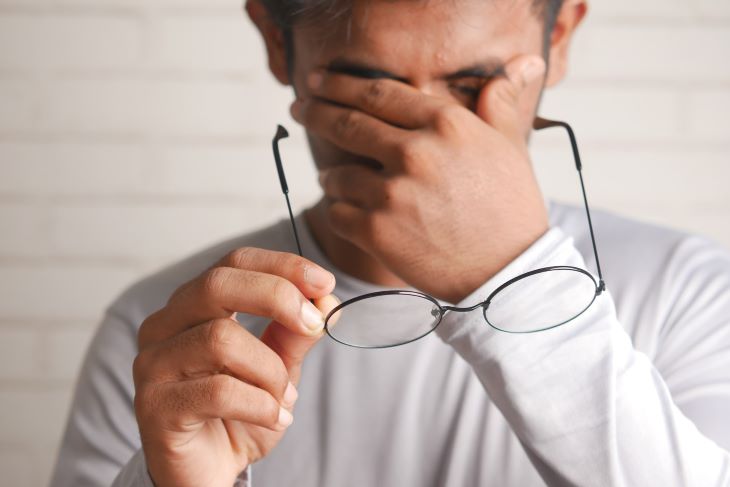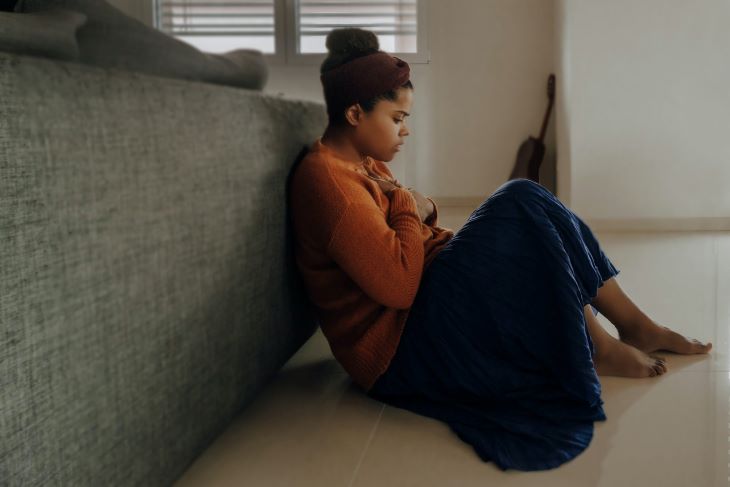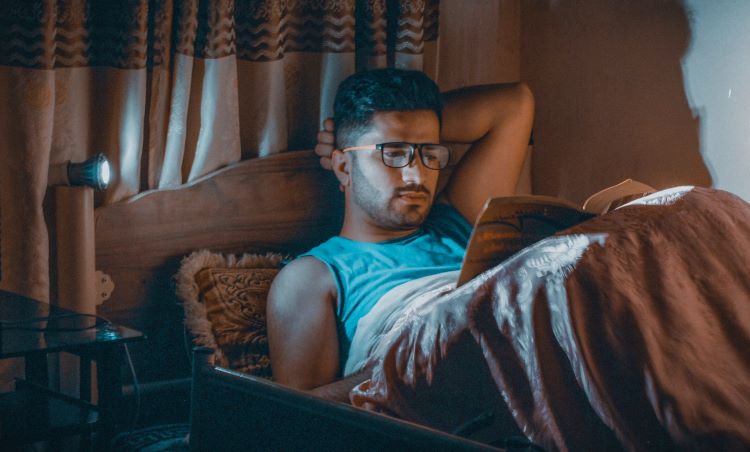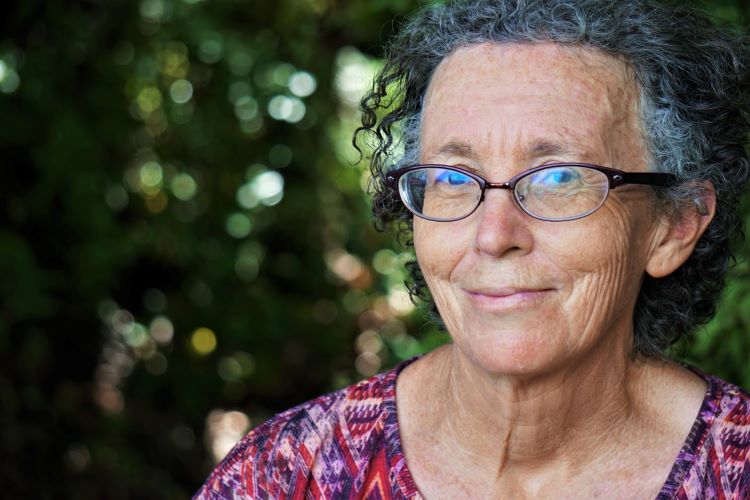Drug & Alcohol Rehab in Glamorgan
Much like the rest of the United Kingdom, Wales is not immune to the effects of drug and alcohol addiction.
Public Health Wales claim that drug related deaths in Wales are at their highest levels ever.
According to the report, the last decade in Wales has seen a 78% increase in drug related and specific deaths [1].
The same report estimates that the rate of drug related deaths per 1,000,000 people is at 72 people, making it the second highest rate in the United Kingdom.
Another report from Public Health Wales claims that 14% of adults were exposed to the effects of alcohol addiction during their childhood [2].
Not only does alcohol addiction cost the Welsh economy around £1 billion per year, there are around 1,500 alcohol related and specific deaths per year.
Studies from South Wales Police discovered that from March 2019 to March 2020, there were 4,405 children receiving care and support because their parents were suffering from a drug or alcohol addiction.
Wales also saw 322 drug specific deaths [3] (e.g. drug poisoning, overdosing) in 2021, which was a 32% increase from the previous year.
More specifically, in Glamorgan and Glamorganshire, the rate of males admitted into hospital due to alcohol related conditions was at 1857 per 100,000 people [4].
The average rate of drug related deaths in Glamorgan [5] and other areas of Glamorganshire are also higher than in Cardiff.
Addiction: A Chronic Brain Disease

While some people may still doubt the validity of addiction as a disease, it is officially recognised as a disease of chronic brain relapsing by neuroscientists and neuroscientific research.
When someone is suffering from a substance addiction, they develop a physiological dependence on a substance, whether tobacco, drugs, alcohol, and so on.
This is because the structures and neural pathways in their brain have been altered.
Some neural pathways, such as reward pathways, are dopaminergic, meaning that they release dopamine in the brain and stimulate the person with chemicals which bring euphoria and pleasure.
When someone is suffering from addiction, they come to rely on these substances in order to experience these pleasurable and positive chemicals.
This makes it incredibly difficult for people who are addicted to replicate these positive emotions with other activities other than consuming substances.
Those who are considered to be ‘low functioning’ addicted people in particular, who find it difficult to keep themselves busy, find it especially difficult to take pleasure in other activities when suffering from an addiction.
At Rehab Recovery, we offer free advice from a team of non-judgemental professionals, many of whom are in recovery and understand how hard it can be to change your relationship with addiction.
For more information about rehab in Glamorgan, simply reach out to our 24/7, confidential hotline on 0800 088 66 86.
Symptoms of Drug and Alcohol Addiction

Aside from being dependent on these addictive substances, there are many physical and psychological symptoms of addiction which can range from mild to severe, and some can even be fatal.
Some of the physical withdrawal symptoms can include headaches, fatigue, vomiting, diarrhoea, and more.
If they are severe enough, the addicted person can suffer from seizures or strokes which can directly kill the person.
Because of this, they will need to undergo a drug and alcohol detox at their rehab in Glamorgan.
Long term physical symptoms include diseases such as Alcoholic Liver Disease, which is responsible for 90% of liver disease fatalities.
Furthermore, addicted people are at risk of developing other diseases (e.g. cardiovascular disease) and cancers due to their addiction.
Psychological withdrawal symptoms often come in the form of anxiety, depression, paranoia, psychosis, and so on.
If the person’s addiction is left untreated, and they continue to consume frequent and heavy amounts of their addictive substance, they may develop long term mental health issues such as anxiety disorder, bipolar disorder, schizophrenia, clinical depression, and so on.
Addicted people also suffer from social issues as a result of their addiction. A large proportion of criminal offences are committed by those who are addicted to drugs or alcohol, or are under the influence of intoxicating substances.
Furthermore, around 66% who are suffering from homelessness claimed that their living situation is due to their substance use disorder [6].
Entering a Drug and Alcohol Rehab Clinic in Glamorgan

If you suspect that you may be suffering from a drug or alcohol addiction, then you have already taken the first step in initiating your journey to recovery.
By contacting Rehab Recovery, you will be moving in the right direction towards overcoming addiction and establishing long term recovery.
Rehab Recovery can help facilitate your recovery by helping you navigate the process. We can help you by identifying a drug and alcohol rehab in Glamorgan which will optimise your recovery.
When you are ready, this person will help you complete your pre admission and health assessment which will help us determine the most optimal form of treatment for your unique condition.
At Rehab Recovery, we offer free advice from a team of non-judgemental professionals, many of whom are in recovery and understand how hard it can be to change your relationship with addiction.
For more information about rehab in Glamorgan, simply reach out to our 24/7, confidential hotline on 0800 088 66 86.
Co-Occurring Disorders

Most patients who are undergoing recovery at rehab need additional treatment for a mental health condition.
There is a strong correlation and a mutually destructive relationship between substance addiction and mental health issues such as anxiety, depression, bipolar disorder, and so on.
Some patients who are suffering from a mental illness may consume drugs and alcohol in order to relieve themselves of its symptoms. This is called ‘self medicating’, and can lead to the development of an addiction.
On the other hand, someone who is frequently and excessively consuming drugs and alcohol may develop a mental health addiction due to its psychoactive components, as well as the other issues which substance use can lead to.
When someone is suffering from co-occurring disorders, it is important that they seek treatment as an inpatient in order to receive optimal treatment. As an inpatient, patients are far more likely to make a successful recovery.
Recovering at a Rehab in Glamorgan

There are different recovery processes for patients who have different requirements at a drug and alcohol rehab in Glamorgan.
For example, if a patient is suffering from a mild form of addiction, their treatment may be optimised at a free and outpatient rehab.
Patients who are suffering from a moderate to severe form of addiction, on the other hand, will benefit from entering a residential rehab in Glamorgan as an inpatient.
1. Outpatient Treatment in Glamorgan
Outpatient treatment [7] is essentially addiction treatment which is for patients who require less maintenance. It offers more flexibility for patients, as not only will they undergo fewer hours of therapy per week, they are not required to stay overnight at a rehabilitation centre.
As an outpatient, patients will attend up to 6 hours of therapy and counselling per week.
However, if a patient is undergoing the intensive programme as an outpatient (IOP), they may be required to attend up to 30 hours of treatment per week.
At their rehab in Glamorgan, patients will undergo behavioural therapy, support sessions, and more in order to combat their addiction.
This allows patients to maintain other responsibilities throughout their recovery, such as employment, family obligations, and so on.
The intensive programme is also an effective compromise for those who have important responsibilities yet require a higher level of supervision and treatment.
2. Inpatient Treatment at a Residential Rehab in Glamorgan

Inpatient addiction treatment will optimise recovery for most patients, and is thought to be imperative for patients who are suffering from moderate to severe forms of addiction and other mental health complications.
At a residential rehab [8], patients will undergo a comprehensive and intensive addiction recovery programme which will incorporate a wide range of aspects and variables associated with addiction.
Not only will patients undergo a medical detox, they will undergo behavioural therapy, holistic treatment, counselling services, relapse prevention planning, and more.
Personalisation is a significant component of treatment at a residential rehabilitation clinic.
Because the facets of addiction vary in so many ways, such as the severity, substance, causes, biological factors, mental health conditions, and so on, a personalised treatment programme is imperative towards recovery.
At Rehab Recovery, we offer free advice from a team of non-judgemental professionals, many of whom are in recovery and understand how hard it can be to change your relationship with addiction.
For more information about rehab in Glamorgan, simply reach out to our 24/7, confidential hotline on 0800 088 66 86.
Should I Undergo Inpatient or Outpatient Treatment?

Patients who should undergo outpatient treatment are typically those who are suffering from a mild form of addiction and do not require a medical detox or treatment for mental health conditions.
Those who are required to undergo inpatient treatment at a residential drug and alcohol rehab in Glamorgan are those who:
- Suffer from a high likelihood of relapsing, or have tried to quit but relapsed in the past
- Suffer from severe withdrawal symptoms
- Require treatment for mental health conditions
- Require a medicated detox to overcome their withdrawal symptoms
- Do not have a stable living environment to facilitate their recovery
At Rehab Recovery, we offer free advice from a team of non-judgemental professionals, many of whom are in recovery and understand how hard it can be to change your relationship with addiction.
For more information, simply reach out to our 24/7, confidential hotline on 0800 088 66 86.
Therapy at a Drug and Alcohol Rehab in Glamorgan

Due to the personalisation aspect of an addiction treatment programme at drug and alcohol treatment centres, one person’s recovery programme may vary to the next.
However, there are some forms of therapy which stand out that patients can expect to undergo. Some include:
- Cognitive Behavioural Therapy (CBT): CBT [9] is arguably the most prominent and established form of therapy at rehab. The purpose of CBT is to help patients overcome any negative habits they exhibit which may be harming their recovery and other aspects of life.
- Dialectical Behavioural Therapy (DBT): DBT [10], while similar to CBT, is a form of therapy which focuses on emotional management and recovery for patients. Those who suffer from conditions such as anxiety, bipolar, PTSD, and other conditions which lead to intense thoughts and emotions, can benefit significantly from DBT.
- Family Therapy: Family Therapy can be a huge component of recovery. Patients who share positive and negative relationships with their family members can benefit from this type of therapy. The purpose is to help improve communication between the patient and his or her family members, and to also develop their knowledge of their loved one’s condition. It can also come in the form of family counselling.
- Holistic Therapy: Holistic therapy [11] is unique because it targets areas which other forms of therapy do not, physical and spiritual health. Improvements in these facets can be achieved by incorporating activities such as yoga, massages, acupuncture, equine therapy, art therapy, and so on. They can facilitate behavioural activation which can also help treat mental health conditions such as depression.
At Rehab Recovery, we offer free advice from a team of non-judgemental professionals, many of whom are in recovery and understand how hard it can be to change your relationship with addiction.
For more information about rehab in Glamorgan, simply reach out to our 24/7, confidential hotline on 0800 088 66 86.

Reference
[1] Drug Deaths at their Highest Ever Levels in Wales https://phw.nhs.wales/news/drug-deaths-at-their-highest-ever-levels-in-wales/
[2] Alcohol – Public Health Wales https://phw.nhs.wales/topics/alcohol/
[3] South Wales Police Substance Misuse and Harm Reduction Strategy (2022 – 2025) https://www.south-wales.police.uk/SysSiteAssets/media/downloads/south-wales/about-us/drugs-strategy/2022-1019-final-eng-south-wales-police_drugs-strategy_microsoft-word.pdf
[4] Table – Substance Misuse – General Health https://www.infobasecymru.net/IAS/themes/healthandsocialcare/generalhealth/tabular?viewId=52&geoId=1&subsetId=
[5] Harm Reduction Database Wales: Drug Related Mortality Annual Report https://phw.nhs.wales/publications/publications1/harm-reduction-database-wales-drug-related-mortality-annual-report-2020-21/
[6] Drugs and Alcohol – Crisis UK https://www.crisis.org.uk/ending-homelessness/homelessness-knowledge-hub/health-and-wellbeing/
[7] Outpatient Addiction Treatment – Rehab Recovery https://www.rehab-recovery.co.uk/addiction-treatments/outpatient/
[8] Residential Addiction Treatment – Rehab Recovery https://www.rehab-recovery.co.uk/addiction-treatments/residential-addiction-treatment/
[9] Cognitive Behavioural Therapy – Rehab Recovery https://www.rehab-recovery.co.uk/addiction-treatments/cognitive-behavioural-therapy/
[10] DBT for Addiction Treatment – Rehab Recovery https://www.rehab-recovery.co.uk/addiction-treatments/dbt/
[11] Alternative & Holistic Therapy – Rehab Recovery https://www.rehab-recovery.co.uk/addiction-treatments/alternative-holistic/


